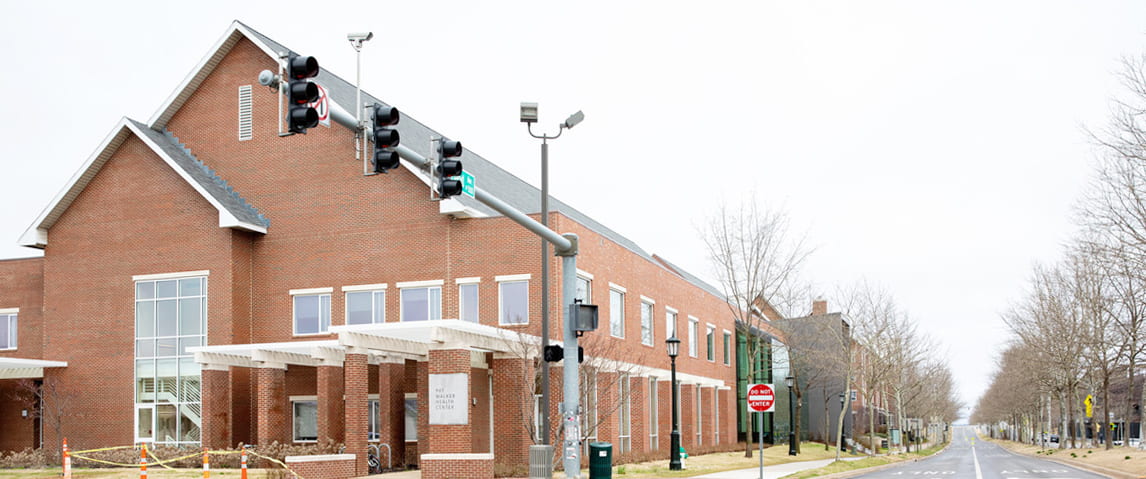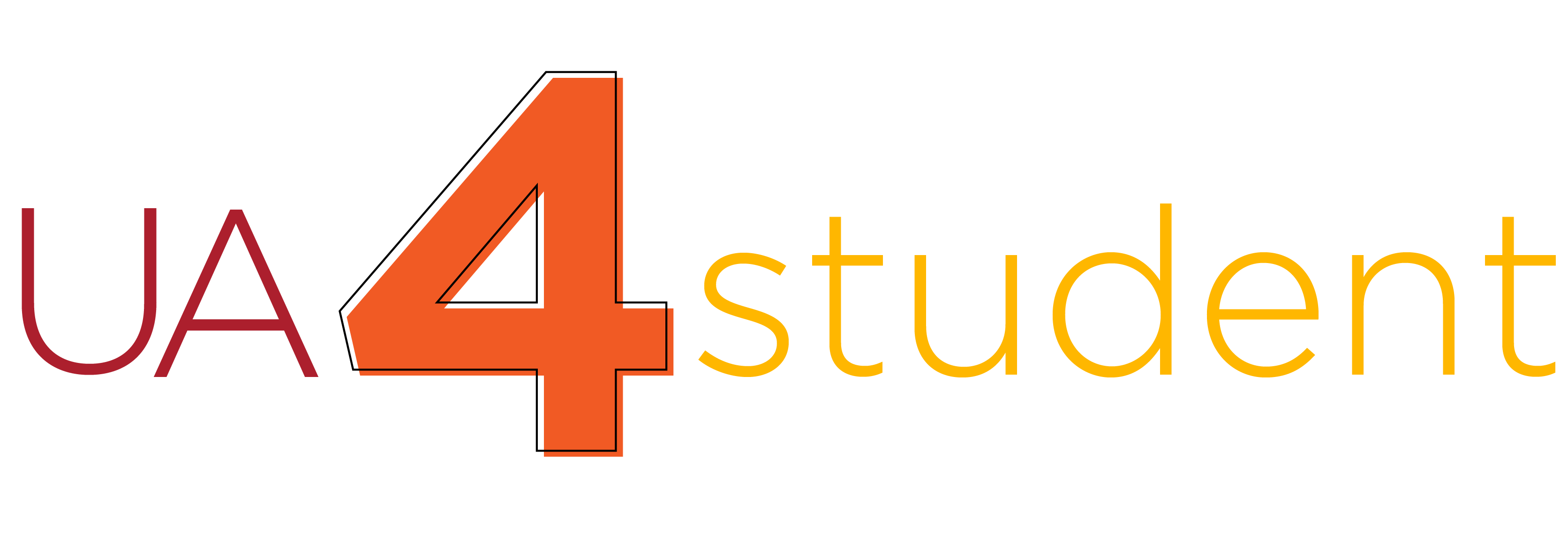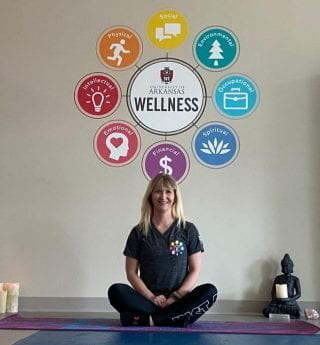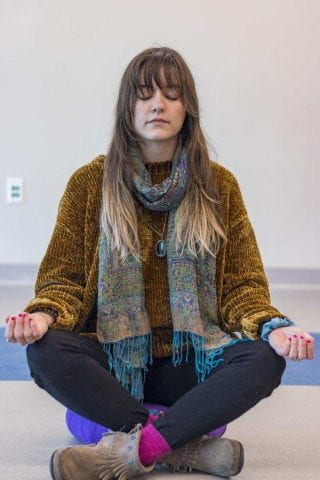
Supporting Student Health Amidst the COVID-19 Digital Age
In the days leading up to the University of Arkansas’ shift to online operations, several questions loomed for Pat Walker Health Center, none more impactful than how to continue supporting student well-being.
Supporting student success is at the heart of the health center, and rooted deep within the objectives of its many programs and services. So as students, faculty and staff all drastically upended their normal way-of-life; the fabrics of what makes the health center such a vital resource for students was about to face its toughest challenge — a digital revolution.
In a very real sense, the health center had to transform practically overnight and adapt to the digital revolution required to support students midst this public health crisis.
“Our team remains more committed than ever to help students during these challenging times with expert medical and mental health care that have fully embraced telehealth coordinated with in person care,” said Mary Alice Serafini, associate vice chancellor for student affairs and PWHC executive director. The mission of Pat Walker Health Center is to support student success in all parts of their lives, during all forms of education.”
Traditionally, the health center has relied on a physical, on-campus presence to promote and support student health and wellness. It makes sense given the importance of daily interactions with students.
However, with campus empty and students away, the health center has embraced telehealth as a way to support student well-being and academic success, as well as encourage social distancing efforts to slow the spread of COVID-19.
TeleVisits Offer Continuity of Care
Telemedicine has been around for many years, but the impact of adding virtual doctor visits proved to be especially effective for Pat Walker Health Center’s Primary Care and Women’s Clinics.
The health center wasted no time adding TeleVisit appointments for its medical clinics. By the time students “returned” from Spring Break, they had a new, easy way to access campus medical services.
“We needed to ensure that our students could still access medical care no matter where home is,” said PWHC Medical Director Dr. Huda Sharaf. “Although in-person office visits are the preferred method of delivering patient care, we recognized TeleVisits would provide a way to care for our University community during the COVID-19 pandemic.”
Many students — especially out-of-state and international students — rely on the health center during a traditional year for all their medical needs. Using HIPAA-compliant video conferencing, Pat Walker Health Center not only increases access to medical care for the UA community, but also ensures continuity of care no matter what the Fall semester may look like.
Getting Creative with Mental Health
Given the stress and uncertainty during these unprecedented times, prioritizing mental health was going to be crucial to helping students finish the semester as best they can. To do so, Counseling & Psychological Services (CAPS) had to quickly focus their efforts on finding new ways to engage students with mental health concerns.
Throughout the semester, CAPS successfully transitioned to provide regular individual mental health sessions through a HIPAA compliant Zoom technology. This proved so impactful that CAPS began accepting new clients almost immediately.
“Telemental health has been on the horizon for some time now, and it’s an incredibly effective platform for reaching our students,” said Josette Cline, Ph.D., CAPS Director. “While we would have obviously preferred to transition in a more gradual manner, we certainly are seeing the benefits now and for in the future.”
Offering virtual counseling sessions was only part of the equation though. CAPS also found new ways to empower students through a plethora of self-care resources. From self-guided anxiety video workshops to drop-in virtual outreach sessions, students have found the new-look CAPS mental health resources to be reassuring.
“This has been the ‘perfect storm’ for the emergence of mental health issues for everyone, our students included. The simultaneous concerns about physical and economic health, combined with social isolation, has led many people to reach out for mental health support, and this has been true for our students as well,” said Cline.
While the circumstances that factor into managing work, life, learning—and the blurring lines in between—may be unique to each individual during this unprecedented time, CAPS has undoubtedly assured there is a support system available for students.
Wellness Graduate Students Instrumental in Online Shift
Like all departments, Wellness & Health Promotion (WHP) also had to overcome new challenges to digitalize its programs and courses.
As health educators, face-to-face interaction helps to better conceptualize such a holistic concept. So an emphasis on self-care and finding balance during these unprecedented times was certainly going to be crucial in helping students complete the semester
“I have the privilege of working within a wonderful department, and our team quickly mobilized to make the transition to working and teaching from home,” said Asher Morgan, Ph.D., PWHC Wellness Coordinator.
In order to ensure students are supported across all dimensions of wellness, WHP Department couldn’t have made a quick transition for its programs and classes without the help of their Graduate Assistants.
“Moving classes online was a bit of a challenge at first, but once I created a foundation for the class it was wonderful, said WHP Graduate Assistant Kati Street, who also recently graduated with her Ph.D. in Community Health Promotion
Kati has been instrumental in developing and strengthening WHP over the years. Her positive attitude and passion for holistic wellness has helped many students embrace their wellness, as well as elevate the various programs, classes and credit-courses to new heights.
“I feel as though I engage more with students since transitioning to online. It can be hard to get them to talk in class, but the new format helped them express more,” said Street.
Between juggling their own class load and teaching wellness courses, the WHP graduate assistants still found ways to uniquely offer at-home wellness support and coaching.
“Adjusting to classes being online was a bit of a challenge in the beginning, but I tried my best to accept what I could not control and move through each day staying present,” said WHP Graduate Assistant Margaret Davis, a second-year graduate student getting her Master’s in Clinical Mental Health.
“I am very grateful to my supervisor Dr. Asher Morgan, and the Wellness & Health Promotion Department for giving me the flexibility to work from home during this time and offering support when needed,” said Davis. “I focused a lot on self-care and trying to stay mindful of what I needed to do to take care of my personal wellness and help others as well.”
Popular programs like Wellness Coaching and weekly yoga and mindfulness classes proved to be vital, with more students finding comfort in the resources available to them as things continue to be ambiguous.
“There is no doubt the Spring semester was filled with uncertainty and change,” said. Dr. Morgan. “But the support and leadership from Pat Walker Health Center and the Division of Student Affairs has been unmatched, and enabled us to move ahead with confidence.”
Continuing Into the Unknown
It’s fair to say this wasn’t the semester anyone expected; the global pandemic required the health center to adapt and change drastically the way they offer health and wellness programs to students. It didn’t however change the resiliency and resolve of its health professionals to see students succeed.
It’s impossible to know what lies ahead for the Fall semester; these are confusing times. But whatever the coming weeks and months and semesters brings, Pat Walker Health Center has the flexibility and resources in place to keep supporting student well-being and academic success, no matter what.



